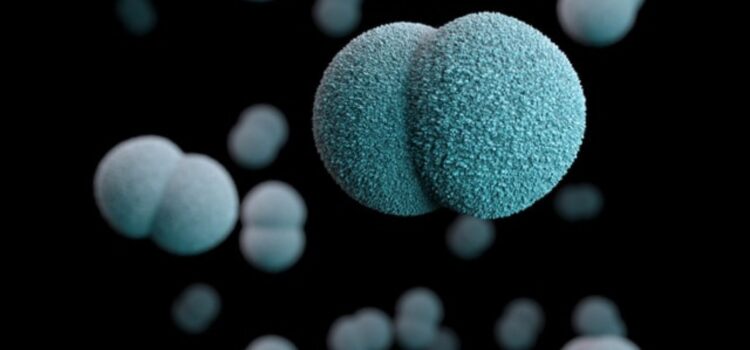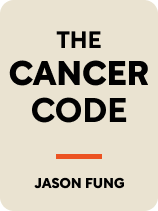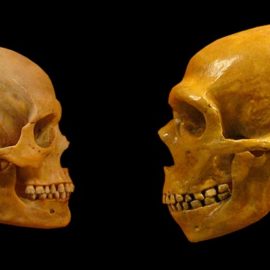

This article is an excerpt from the Shortform book guide to "The Cancer Code" by Jason Fung. Shortform has the world's best summaries and analyses of books you should be reading.
Like this article? Sign up for a free trial here.
How does cancer develop from a single cell to a malignant tumor? What is the mechanism that drives cancerous cell reproduction?
Rapid and uncontrolled cell growth is the primary hallmark of cancer. Cancer growth is facilitated by growth factors, which are activated by nutrients we consume from food. An abundance of readily available nutrients creates an environment for cancer to flourish.
Here’s how growth factors drive cellular reproduction.
Growth Factors Drive Cellular Reproduction
Growth factors are naturally-occurring chemicals and proteins that, as the name suggests, stimulate cell growth and cell division. Every multicellular organism needs growth factors; however, since rapid cell growth is the primary hallmark of cancer, growth factors create an ideal environment for cancerous cells to flourish. More cells mean more mutations—more genetic diversity—which helps to prepare the cancerous “species” for the next step in its evolution.
The body’s growth factors are controlled by nutrient sensors that detect the presence or absence of various nutrients in the body. When nutrients are plentiful, the growth factors activate; when nutrients are scarce, the growth factors deactivate so the body can focus on conserving energy and culling damaged cells.
(Shortform note: Interestingly, while Fung says Model 3 proves that genetically-targeted cancer treatments won’t work, others believe that discoveries about how cancer grows and feeds could provide exactly the sort of genetic targets researchers have been looking for. Specifically, if cancer cells all use the same kinds of nutrient sensors and growth factors, then developing a way to disrupt that process—for example, with a drug that binds to a nutrient sensor and blocks it—could allow doctors to “starve” the cancer and kill it, hopefully with minimal side effects to the patient.)
According to Fung, growth factors and nutrient sensors explain why cancer is so much more prevalent in Western countries: Our diets contain a lot of processed foods with easily-accessible nutrients, meaning those growth factors are almost always active. As a result, our bodies create cells more rapidly and destroy mutated cells more slowly than usual.
With this in mind, Fung suggests that reducing our consumption of processed foods and intermittent fasting can help to slow down cancer growth by reducing growth factor activity. He puts particular emphasis on controlling our insulin levels; eating a lot of simple sugars causes the body to produce a lot of insulin, which acts as a growth factor and increases the likelihood of cancer.
(Shortform note: Fung is a nephrologist—a kidney doctor—with a particular interest in dietary health and metabolic diseases such as type 2 diabetes. Therefore, not surprisingly, he spends a great deal of time discussing the possible connections between diet and cancer. However, except for certain types of meat, there’s little scientific evidence that any particular dietary factors increase the risk of cancer. Currently, the only commonly accepted connection between diet and cancer is that obesity is associated with increased cancer risk.)

———End of Preview———
Like what you just read? Read the rest of the world's best book summary and analysis of Jason Fung's "The Cancer Code" at Shortform.
Here's what you'll find in our full The Cancer Code summary:
- A guide on what cancer is and how it works
- A deep dive into the three different models of cancer
- Why there is hope for the future of cancer treatments






